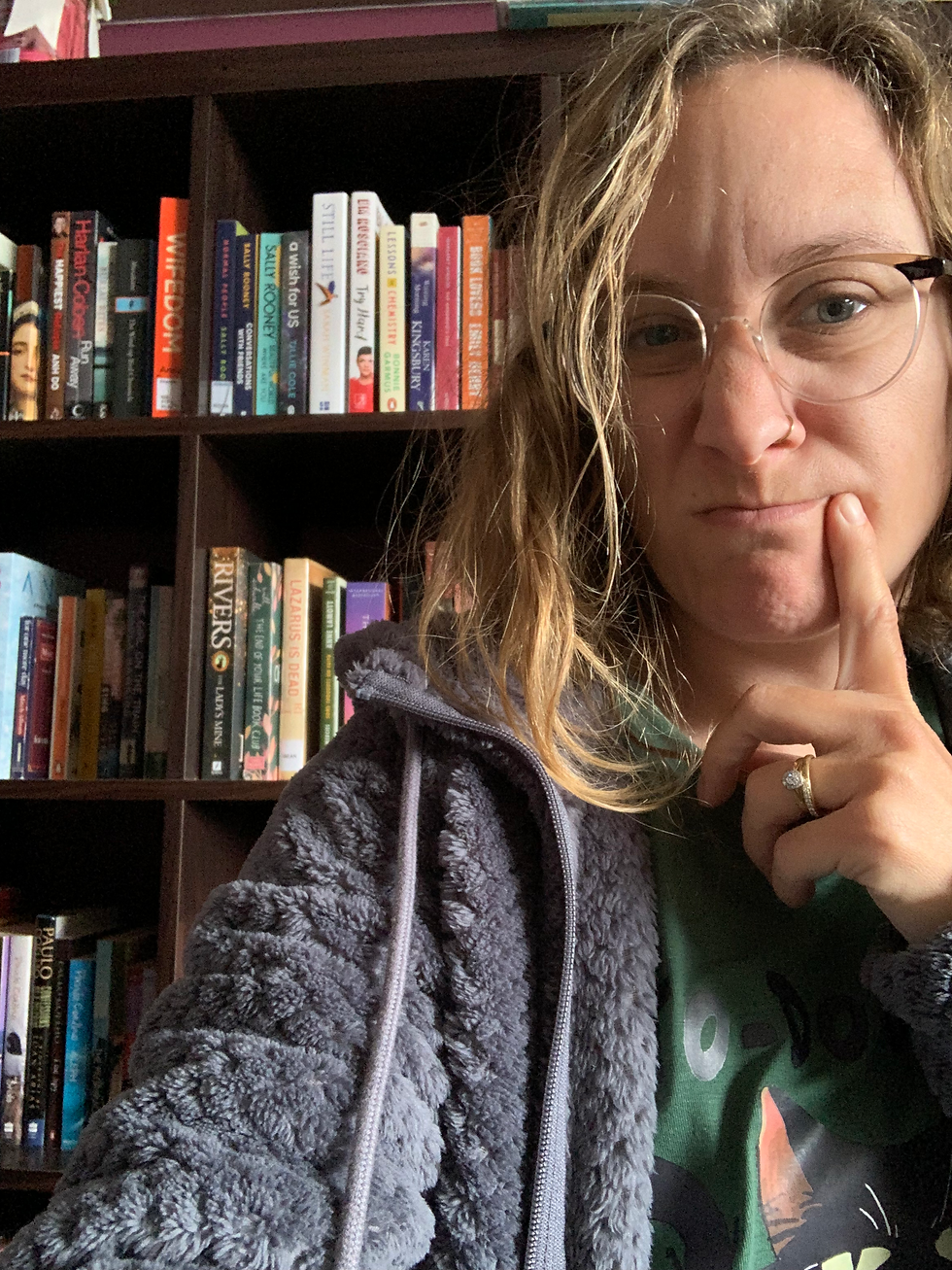What is Literary Fiction
- Marley Betts

- Sep 1, 2025
- 4 min read
What is literature? Aren't all books literary? Are there Literary Fiction criteria? Discover the answers to these questions and more in this blog post that aims to answer the question: What is Literary Fiction?
I like to start at the beginning. So, first up, let's try to answer the question:

What is literature?
Literature can be pretty much any written works. It includes novels, plays and poems, fiction and non-fiction. It can also include pamphlets, newspapers, essays, research papers, documents, and all other written things.
Britannica.com refers to literature as "a body of written works" ... "distinguished by the intentions of their authors and the perceived aesthetic excellence of their execution."
Wikipedia says that the term 'literature' is "also used more narrowly for writings considered to be an art form."
Dictionary.com defines 'literature' as:
writings in which expression and form, in connection with ideas of permanent and universal interest, are characteristic or essential features, as poetry, novels, history, biography, and essays.
the entire body of writings of a specific language, period, people, etc..
the writings dealing with a particular subject.
any kind of printed material, as circulars, leaflets, or handbills.
So, to break that down, there are 3 aspects to literature:
Part of a 'body' of written works (subject/part of a whole)
Intention of the author (expression and ideas)
Perceived aesthetic excellence (art and beauty)
Though, a piece of writing does not need to meet all 3 points to be categorised as literature.
Let's look at some examples:
A poetry book is a piece of art that expresses ideas and is part of the body of poetry works (1, 2 + 3)
A car contract is part of the body of written works about the sale of the car, and the author intends to express ideas about this sale for the reader. For most people, a car contract does not contain aesthetic excellence [some may debate lol] (1 + 2)
A shopping list is not a piece of literature. However, if someone were compiling a coffee table book full of handwritten shopping lists to showcase various ideas (differences in people's writing styles, spelling, items, budgets, paper and pens used, etc.). Then in that case, the shopping lists included in the project are part of a body of work and contain perceived aesthetic excellence. (1, 2 + 3)
So, a shopping list is not a piece of literature, but it could be.
And that is why it can be a bit tricky to define literature.
[Author note: I actually love the idea of a coffee table book full of photographs of hundreds of handwritten shopping lists. I must start collecting!]
Okay, so what is Literary Fiction (LF)?
Let's break the idea of LF into the 3 aspects listed above: body of works, intention, and aesthetic excellence.
Body of Works
Well, the 'body of works' that a Literary Fiction book is part of, is the genre of 'Literary Fiction'. That being said, a book can cross genres and also fall into romance, historical, science fiction, or some other genre/s.
Intention of the Author
Generally, they are perceived as deeper, more serious, and harder to read. They require more thought, and contain unique ideas or unique ways of expressing those ideas. For example, the author might write about an important subject in a beautiful way, or it may be a book that is a clear expression of a certain culture or way of life. LF has a reason for existing. It wants to tell you something.

Perceived Aesthetic Excellence
Writers Digest says that "Literary Fiction (books) focus on STYLE, CHARACTER, and THEME over plot - unlike most genre and commercial fiction". It is not as focused on the story as it is on the experience of the read. Reading a Literary Fiction novel is an experience that takes you into the thought life of the characters and has depth and meaning.
Literary Fiction authors are arguably seen as the most skilled at their craft. Some may debate that a book that is hard to read may mean the opposite, but LF books are often harder to read because they require more thought by the reader, not because they are written poorly. They don't spell everything out for you. They may use innuendo (insinuations or undertones) or purple prose (ornate language). The writing in LF books is often beautiful or unique and a piece of art in itself, even aside from the story.
Dot point time!
Literary Fiction does not have to be all of these dot points to meet LF criteria. There is no specific criteria. But, the more points it meets, the more likely it is that the book is LF.
Literary Fiction:
Deep (thoughtful/not superficial)
Serious
Harder to read
Require more thought from the reader
Contains a message
Meaningful
Unique ideas
Unique ways of expressing certain ideas
Intellectual/Complex themes
Beautiful writing
Important subject matter
Expression of a certain culture or way of life
Reading it is an experience
More focused on theme than plot
Contains more and deeper inner thought life of characters
Uses innuendo (doesn't spell everything out)
Artistic language/purple prose
I hope that helps!
I would love to know what you think about this list, you are welcome to leave a comment down below.
Happy reading!
Much love,
Marley




![Silver Shepherd - Kindle - High Resolution[2867].jpg](https://static.wixstatic.com/media/e6d6fb_371c8765c4274c3b826f23055f976318~mv2.jpg/v1/fill/w_96,h_153,al_c,q_80,usm_0.66_1.00_0.01,enc_avif,quality_auto/Silver%20Shepherd%20-%20Kindle%20-%20High%20Resolution%5B2867%5D.jpg)




Comments